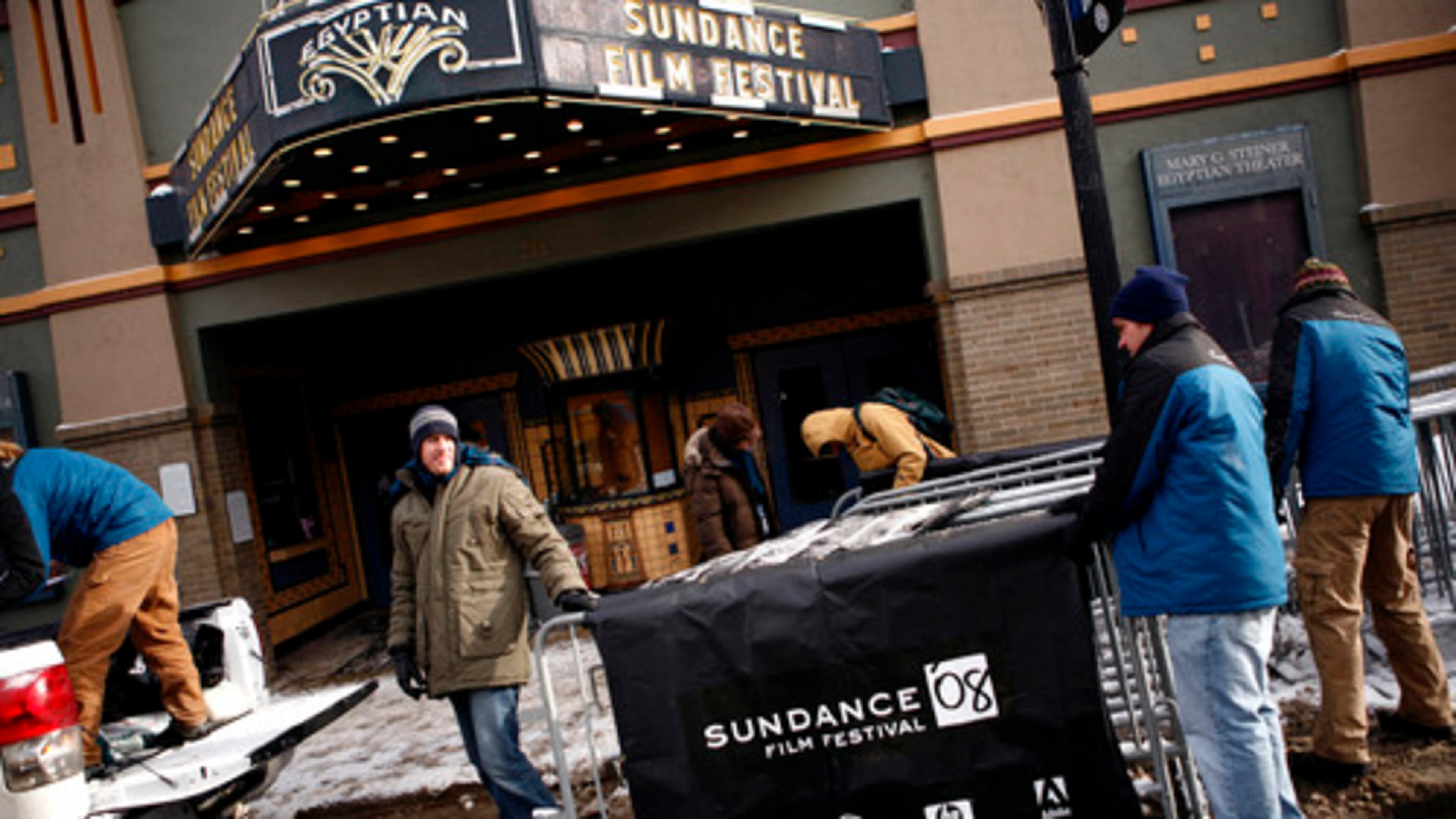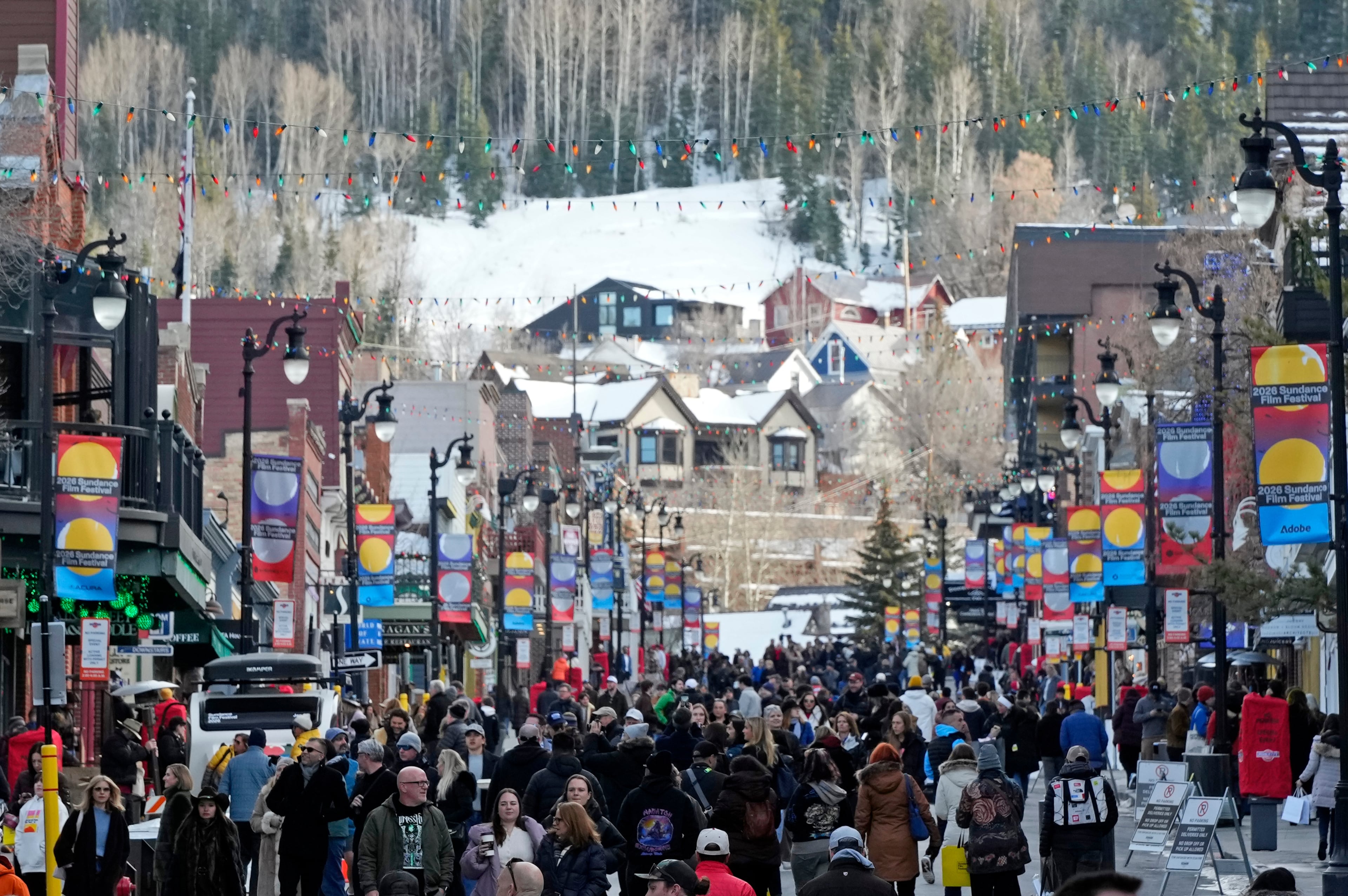Sundance Film Festival not coming to Atlanta, focusing on smaller cities

The prestigious Sundance Film Festival has narrowed its picks for its next home to three cities, and Atlanta didn’t make the cut.
This leaves its existing home of Park City and Salt Lake City, Utah, Boulder, Colorado, and Cincinnati as the three finalists who would host the festival starting in 2027. A decision for what is expected to be a long-term commitment is expected to be made early next year.
Atlanta was dropped, along with Santa Fe, New Mexico, and Louisville, Kentucky, in the latest round. Athens and Savannah were among the cities under consideration in early stages of the process.
Of the six finalists, Atlanta was by far the largest metro area to be considered. If anything, Atlanta’s style and atmosphere are nothing like the small town, ski-friendly environs of Park City. Boulder, in comparison, also has skiing. And Cincinnati, which has an attractive waterfront, provided a very generous financial package.
In late July, the Sundance search committee visited each of the cities including Atlanta, which rolled out the red carpet with visits to the Fox Theatre, Woodruff Arts Center and the King Center and meet and greets with veteran music duo Indigo Girls, record producer Dallas Austin, politician Jason Carter and actors Danielle Deadwyler and Elaine Hendrix.
Atlanta offered Sundance $2 million in upfront financial incentives and created a detailed website touting the city’s environmental friendliness, its creative ethos and its diversity.
Christopher Escobar, who runs the Atlanta Film Festival and runs both the Plaza and Tara theaters, said nabbing this festival would have been a major feather in the city’s cap, a way to showcase the city’s burgeoning creative community. But he also knew Atlanta would have been a major shift for Sundance, given how different the city’s style and personality is from Park City, where Sundance originated more than four decades ago. “I appreciate how open minded they were considering us,” he said.
Escobar also called the process a “rallying point” which brought together city officials, business folks, nonprofit groups and arts organizations together.
“We gained an incredibly useful perspective on our city and created a road map if we really want to develop our own world class film festival,” said Escobar, noting that Sundance forced the city to look at itself in a different way than it does when it chases after major conventions or sporting events.
In its proposal to Sundance, the city of Atlanta hired outside consultants to estimate Sundance’s possible economic impact on Atlanta. If more than 120,000 people had shown up over 10 days, that would have provided the city $238.2 million in net visitor spending. If Atlanta grew the festival to 200,000 people, that could potentially attract $392.4 million in annual spending.
Kenny Blank, who runs the Atlanta Jewish Film Festival and was on the Atlanta host committee in the city’s efforts to get the film festival, felt the city made a “strong and compelling case. … While we were not selected, it wasn’t for lack of effort. Only Sundance knows its ultimate vision for a future home, and we trust that they make the best decision for their needs. We hope this process has forged a deeper connection between Sundance and Atlanta, and we look forward to exploring opportunities for future collaboration.”
Atlanta Mayor Andre Dickens said the city officials “appreciate the Sundance Institute for considering Atlanta as a finalist to host the Sundance Film Festival. Atlanta is a city of creatives, artists, thinkers and doers and we will continue to showcase the talent we possess and highlight what makes this such a special place ― being a diverse and welcoming city where you can be you.”


